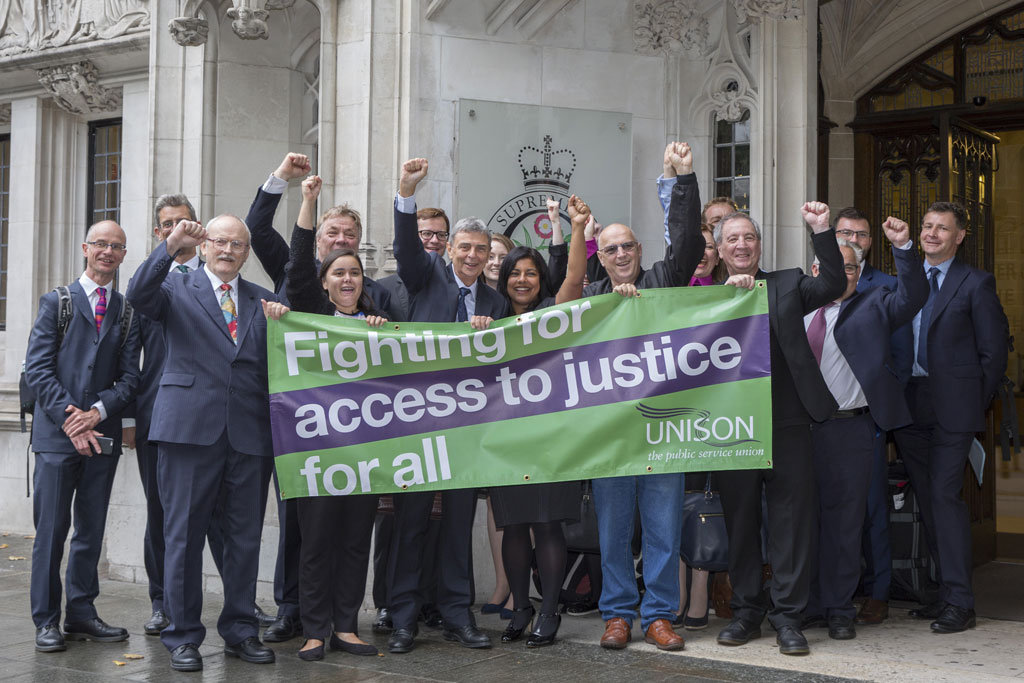
Alex Hawley reflects on the rise in anti-austerity sentiment & the possible impact of the Unison judgment on civil court fees
You may well remember where you were in March 2015, when the Civil Proceedings and Family Proceedings Fees (Amendment) Order 2015 (SI 2015/576 (L7)) (2015 Order) came into force, increasing fees by as much as 600% for some claims. The Law Society immediately pounced with a pre-action protocol letter stating their intention to judicially review the order on the basis that the new fees were unconstitutional and restricted access to justice.
However, against a background of increased austerity across public services, with eight weeks to go until a general election, and following advice from counsel, the Law Society did not proceed with the judicial review and turned their efforts instead to lobbying.
There has since been a sea-change in attitudes to fees and public funding. In April 2017, three days after calling the general election, the government quietly dropped a steep increase in probate fees only weeks before the new fees order was due to come





.tmb-mov69x69.jpg?sfvrsn=961ae4db_1)
95ca96e3d47f4eff8d147c4f0df17c77.tmb-mov69x69.png?sfvrsn=3db5d86b_1)

